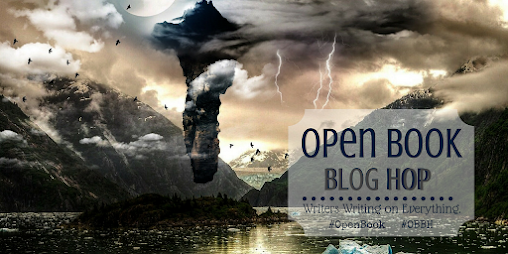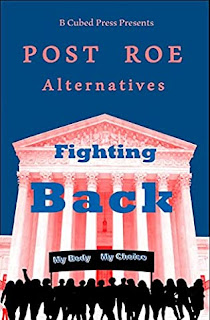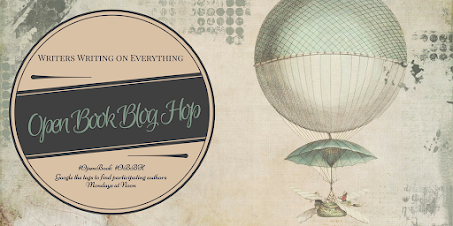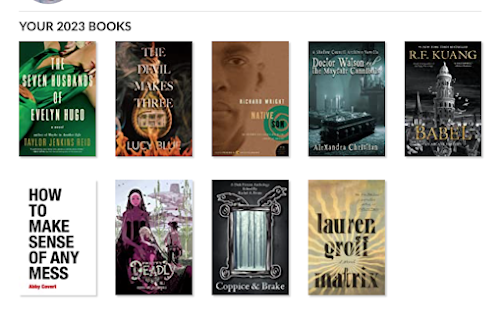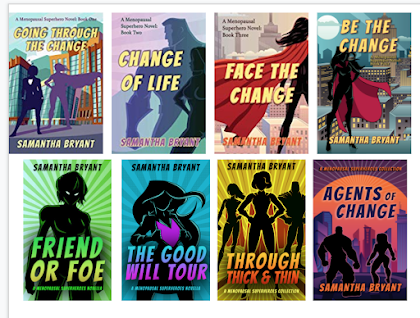If you've ever read my blog before then you know that I'm a big reader. Not just that, I'm a book club junkie, because I love talking about what I've read maybe as much as I love the reading itself.
So, since the calendar flipped a leaf, I've finished nine books. My goal is one book a week, so I'm a little ahead of schedule right now.
For my bookclubs, I read Matrix by Lauren Groff and Native Son by Richard Wright. The former is historical fiction, based on the life of Marie de France, and the latter, at this point, I guess is historical fiction, too, though much more recent, exploring a mixture of politics, race, and culture. I'm glad I read both of them, though I had some complaints about both. I found Matrix meandering and episodic; I found Native Son unable to trust the reader and devolving into philosophical monologues in the end. But both gave me a lot to think about and some great conversations with my book club friends.
How to Make Sense of Any Mess by Abby Covert was also a book club read, this one for my day-job. You might remember that I left teaching to work as a content strategist at a big financial company last spring. This book is about information architecture, a field I'm learning more about in my new role. I'm not sure how useful it is yet. It's more like a workbook and I think I need to apply the system to a problem and see how it serves me before I'll know what I think. Just reading about it isn't the same thing.
Coppice & Brake edited by Rachel Brune, Doctor Watson and the Mayfair Cannibals by Alexandra Chrstian, and The Devil Makes Three by Lucy Blue, are all books by colleagues. At this point, I'm a fan of the work of all three of these women, and would probably read them no matter what, but I started reading all three of them because of our professional connections. (This is why Amazon doesn't let me review books there anymore).
All of these run a little dark, but, if we're being honest, so do I, at least sometimes.
- Coppice & Brake is a collection of horror shorts. What I always love about anthologies is the chance to try on a new writer small scale, and to get a complete story in a single sitting, but know that if I come back later, I can have another story. Rachel's taste in horror is lot like my own--disturbing, thoughtful, feminist, sometimes angry--and I've loved all the anthologies she's put out with Crone Girls Press. I'm so proud to have my work in two of them (soon to be three!).
- Doctor Watson and the Mayfair Cannibals is a Shadow Council Archives novella. This is the third one I've read and I adore them. The series takes up Doctor Watson after the death of Sherlock Holmes and sends him out on cases with a supernatural bent. I love this version of those beloved characters, and the witty dialogue that Alexandra brings to all her work.
- The Devil Makes Three is a Southern Gothic, complete with generational trauma and a wonderful old house where something tragic happened. I've been a fan of Lucy's Stella Hart Romantic Mysteries for a while, but the tone of this one is definitely far darker. Turns out that Lucy is just as good at imagining what's out there in the darkness as she is at develop romantic tension.
The other books I read this month were all "buzz books," meaning books I'd heard a lot about.
I loved two of them, and I was interested by the third, but in the end decided it wasn't for me.
The one that wasn't for me was
Pretty Deadly. I was sure I was going to love it--weird wild west is becoming one of my favorite genres. But I guess I'm a bit more of a traditionalist when it comes to my reading--I need more of a plot through line than I got, and I need to feel like I came to understand a character rather then having my curiosity continually whetted but never satisfied. This graphic novel had wonderful moments, but didn't hold together well enough for me to really enjoy the ride.
Babel by RF Kuang seemed to be on everyone's end of year summary lists for 2022 as one of the best books they read, so I decided to bump it up my TBR. I was really glad I did. There's definitely been an anti-colonial bent to my reading life in recent years, and this scratched that itch while delivering a story of complicated friendship in an interest alternate history setting.
Speaking of complicated,
The Seven Husbands of Evelyn Hugo by Taylor Jenkins Reid was a wonderfully exploration of a complicated woman and her life-long quest to find love. I liked it so much, I wished there actually was an Evelyn Hugo and that I could go watch her movie after I finished reading.
How has your year in books been so far? Did you find something new to love? Please, share in the comments. There's always more room in my TBR list!

